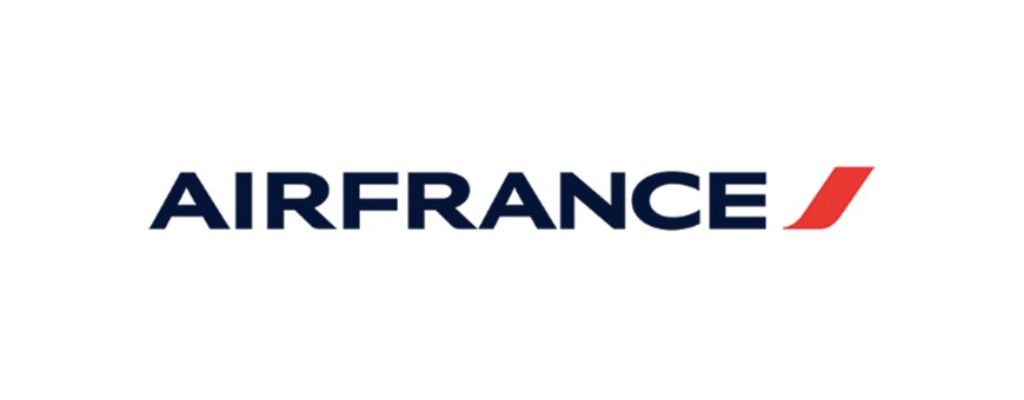Introduction to Air France
Air France was founded in 1933 and is the flag carrier airline of France. The airline is a subsidiary of the Air France-KLM Group and a member of the SkyTeam global airline alliance. Air France operates from its headquarters in Paris and has a vast international network, with 36 destinations in France and 160 in other countries across the globe.
Air France has always been an innovator in the aviation industry, and this is evident in its pioneering sustainable aviation practices. In 2015, Air France became the first airline to operate a commercial flight using biofuel, and it has continued to invest in research and development to reduce its environmental impact. For example, Air France is currently working on developing electric aircraft that would significantly reduce emissions.
History and Background of Air France
Air France was founded in 1933 as a merger of several French airlines. Since then, the company has been a pioneer in sustainable aviation practices, working to reduce its environmental impact and promote sustainable development in the aviation industry.
Air France was one of the first airlines to sign the Carbon Offset and Reduction Scheme for International Aviation (CORSIA), an agreement between states to offset carbon emissions from international flights. The company has also invested in research and development of new technologies to reduce fuel consumption and emissions, including more efficient engines and alternative fuels.
What Other Airlines are Doing to Promote Sustainability?
As the aviation industry continues to grow, so does its impact on the environment. This has led many airlines to begin searching for ways to reduce their environmental footprint and operate in a more sustainable way.
Air France is one of the leaders in sustainable aviation practices, having implemented a number of initiatives to reduce its environmental impact. In 2016, Air France became the first airline in the world to offset all of its carbon emissions from flights departing from Paris-Charles de Gaulle airport. The airline has also committed to using only sustainable biofuels for all domestic flights by 2020.
Conclusion
Air France is a leader in the aviation industry when it comes to sustainability and their commitment to reducing carbon emissions. Their innovations have resulted in an impressive reduction of their environmental impact, while still providing high-quality service for passengers. Through investing in green technologies, incorporating eco-friendly practices into operations, and partnering with innovative companies like Safran, Air France is setting an example for other airlines to follow as we move toward a more sustainable future.


